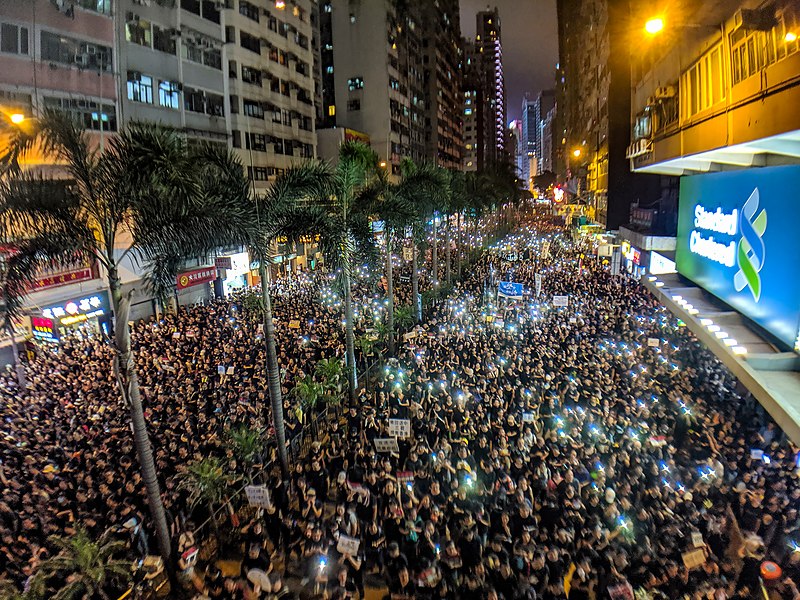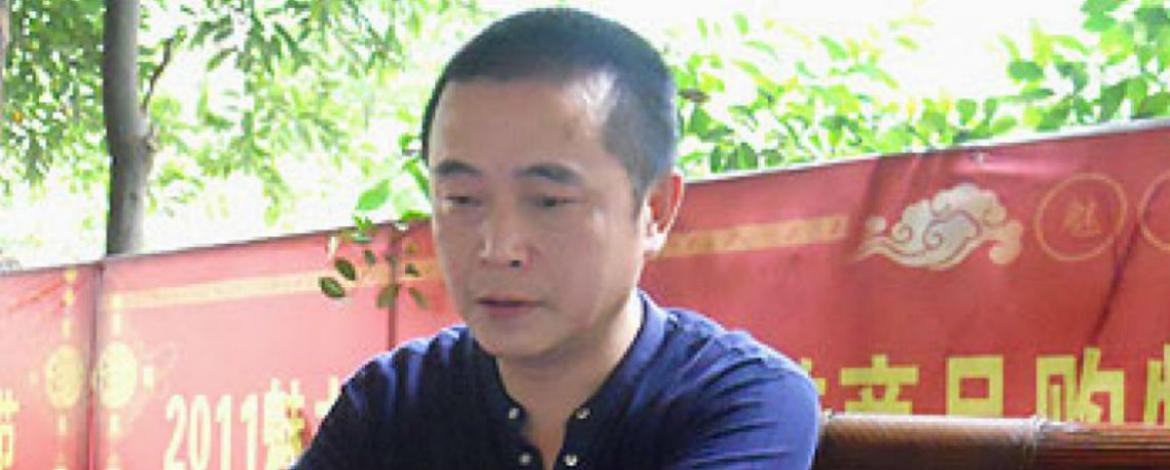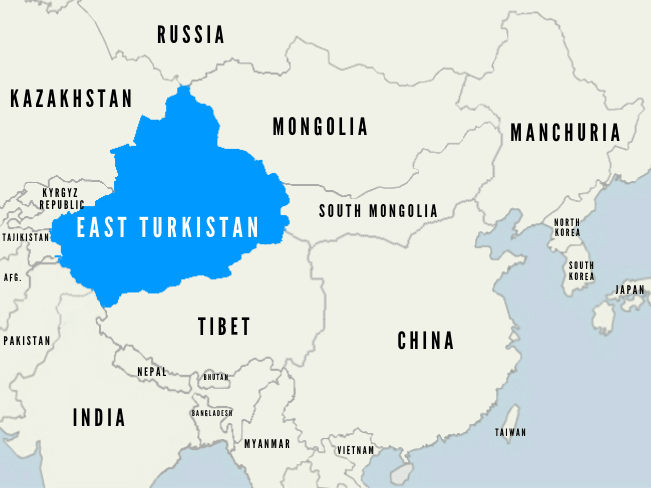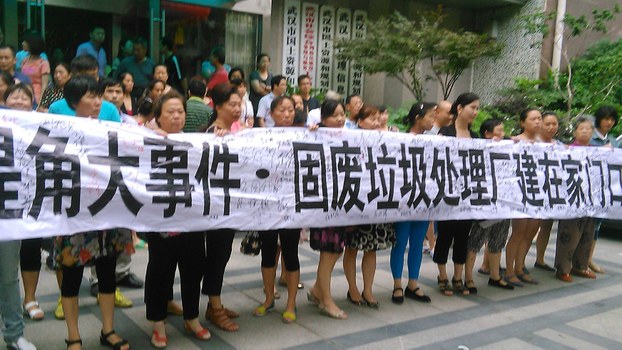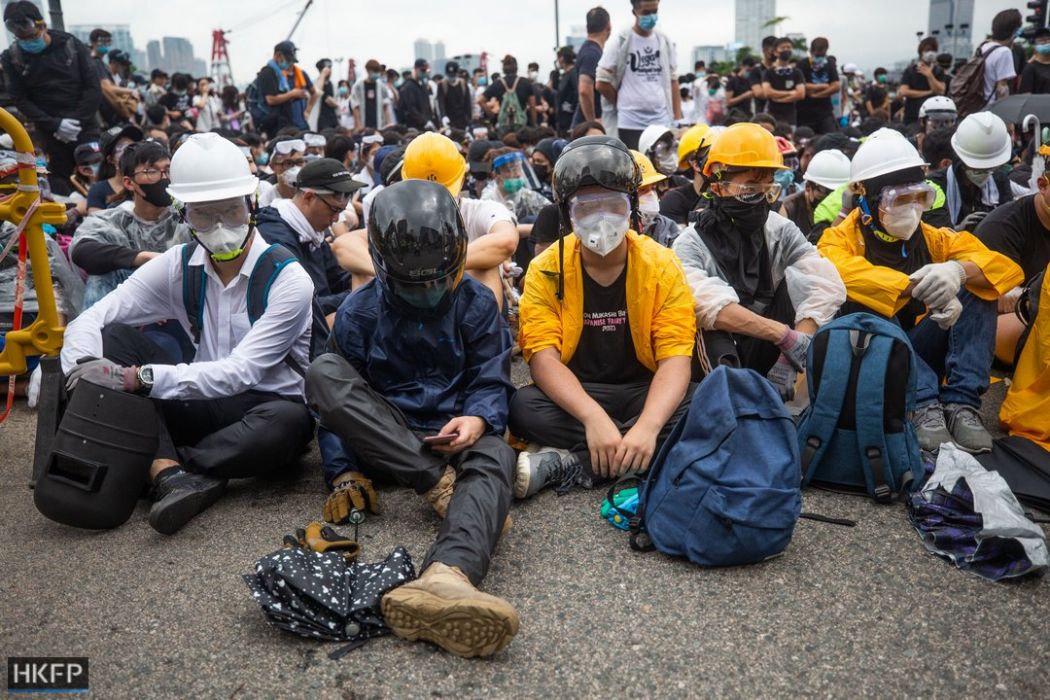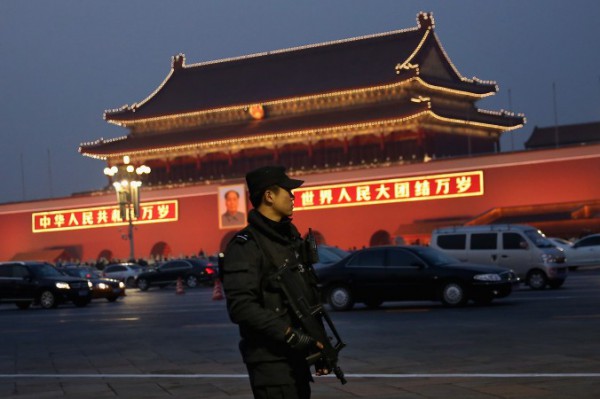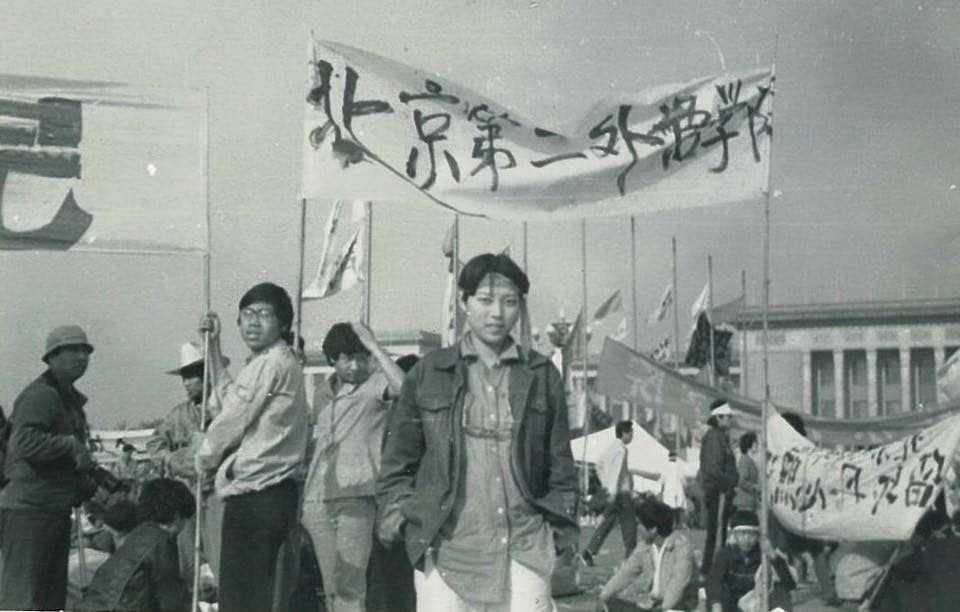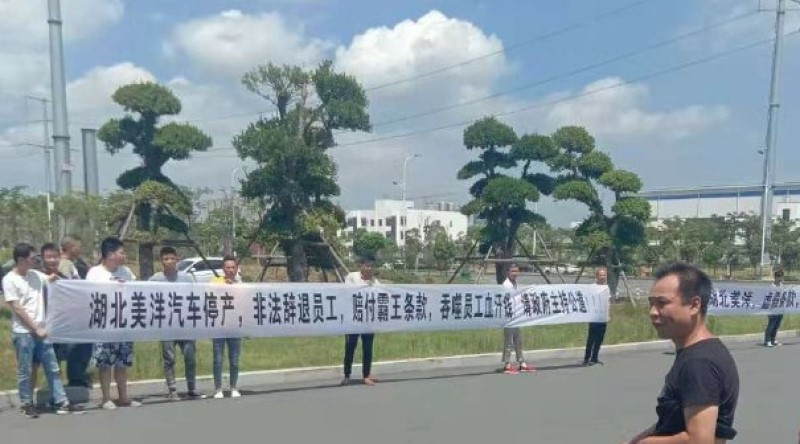
Worker protests in China’s automotive sector
Employees at Hubei Meiyang Automobile Industry Co staged a demonstration to protest “illegal dismissals, wage arrears and compensation payments.” Meiyang Auto, a “new energy” start-up based in the central city of Xiangyang, had been in production for less than two years before halting operations. Workers at Eastone Automotive in Shanghai’s Pudong district also staged a protest claiming they were owed around 40 million yuan in wages in arrears stretching back to the beginning of the year. Employees claimed they were being forced to leave without any compensation, and appealed to the local government for help. So far this year, China Labour Bulletin’s Strike Map has recorded 25 collective protests by workers in the automotive sector, up from just five in the same period last year. The protests, mostly related to layoffs and wage arrears, have occurred in car plants, components factories, dealerships and service centers, and even car rental agencies. (Photo via China Labor Bulletin)



